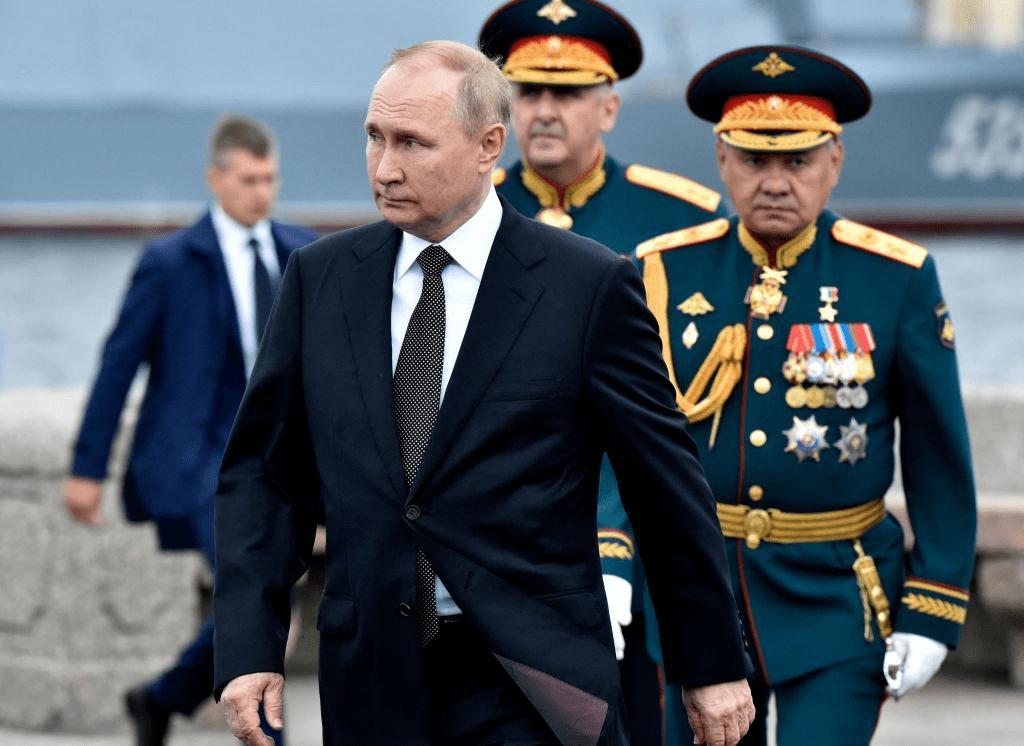
Ukraine’s Parliament Votes to Join International Criminal Court, Aiming to Hold Vladimir Putin and Russian Officials Accountable for War Crimes
Fiona Nanna, ForeMedia News
6 minutes read. Updated 2:02PM GMT Wed, 21August, 2024
Ukraine’s parliament has taken a significant step towards international justice by voting to join the International Criminal Court (ICC), a move that is widely viewed as crucial in holding Russia accountable for alleged war crimes committed during the ongoing conflict. The decision, passed on Wednesday with a majority of 281 votes in favor, marks a pivotal moment in Ukraine’s pursuit of justice and its broader aspirations towards European integration.
A Landmark Decision
The ratification of the Rome Statute, the treaty that established the ICC, signals Ukraine’s commitment to joining the global community in prosecuting serious international crimes, including genocide and crimes against humanity. The Kyiv Independent reported that out of the 450-member parliament, only one lawmaker opposed the ratification.
The ICC, based in The Hague, has already made headlines in relation to the Russia-Ukraine conflict. Last year, the court issued arrest warrants for Russian President Vladimir Putin and Maria Lvova-Belova, Russia’s Commissioner for Children’s Rights, over the forced deportation of Ukrainian children to Russian-controlled territories. In June, further arrest warrants were issued against former Russian Defense Minister Sergei Shoigu and General Valery Gerasimov, accusing them of war crimes.
Ukrainian Foreign Minister Dmytro Kuleba, expressing his support for the ratification on X (formerly Twitter), stated, “Ukraine has already worked effectively with the ICC to ensure comprehensive accountability for all Russian atrocities committed in the course of Russian aggression. This work will now be even more effective.”
Implications for Ukraine’s EU Aspirations
Ukraine’s full membership in the ICC also strengthens its case for eventual European Union membership. All EU member states are signatories to the Rome Statute, and the bloc has been a staunch supporter of the ICC. By aligning itself with the court, Ukraine not only enhances its legal standing in the international arena but also bolsters its geopolitical ties with Europe.
Ukraine initially signed the Rome Statute in 2000 but refrained from ratifying it due to concerns that Ukrainian military personnel could be subjected to prosecution. This hesitation was recently addressed by senior presidential adviser Iryna Mudra, who dismissed fears of Ukrainian soldiers facing prosecution as part of a “disinformation campaign.” In a recent interview, Mudra characterized Ukraine’s path to ICC membership as “a long journey full of challenges, myths, and fears. None of them have been true.”
To further reassure lawmakers, support letters from Ukraine’s General Staff and the head of Kyiv’s military intelligence were presented before the vote. The ratification, however, includes a reference to Article 124 of the Rome Statute, which grants Ukraine a seven-year exemption from prosecuting its own citizens for war crimes, a provision that has sparked some controversy.
Yevheniia Kravchuk, a politician from the ruling party, emphasized the strategic importance of the ratification, stating on Facebook, “The ratification of the Rome Statute will simultaneously facilitate greater opportunities for punishing Russians and increase the isolation of Russia.”
Ukraine’s ratification of the Rome Statute represents a monumental step in its ongoing struggle against Russian aggression and its quest for justice. As the nation deepens its engagement with the ICC, it also moves closer to fulfilling its European ambitions, further isolating Russia on the international stage. The decision underscores Ukraine’s determination to hold Russia accountable for the atrocities committed during the war and to solidify its place within the European community.

